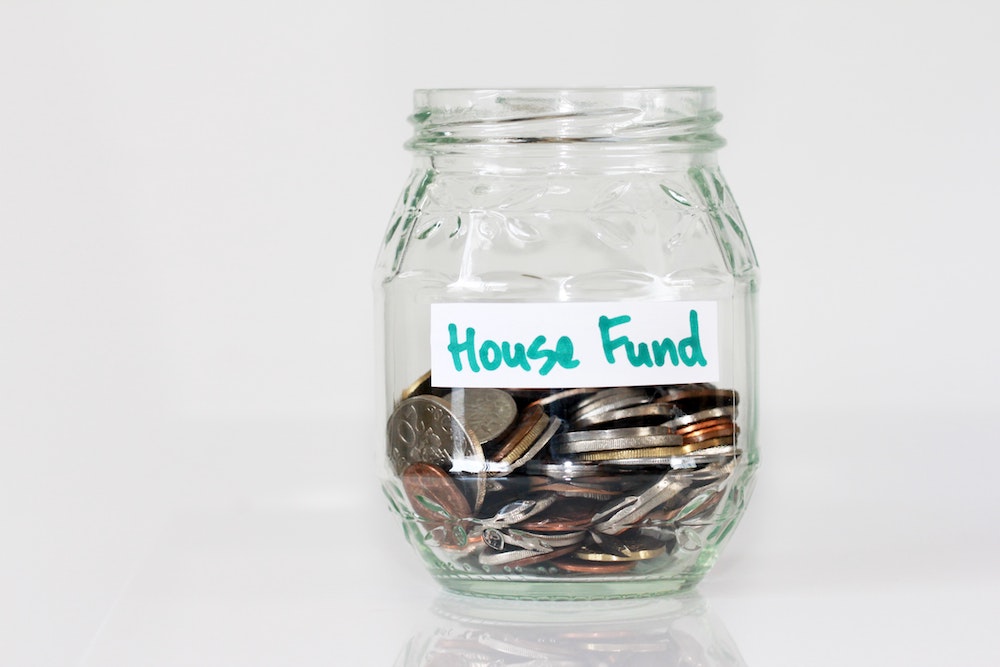As a young professional who is also a personal finance blogger, I’m often a little nervous to make sure I’m on the right track with my finances. Of course I surround myself with learning and other financial gurus and I’m fairly certain I’m on the right track, but as it’s a road I haven’t fully gone down yet, there’s always a slight bit of uncertainty. When that occurs, I enjoy seeking wisdom from those older than me, whether it be my parents, grandparents or others.
One such person is Mr. K. I know Mr. K from my in-laws’ church. I’ve met him early on in my dating relationship with Mrs. Money Finance and have grown to enjoy his friendship. He was quite successful in his business career and I appreciated the financial wisdom that he passed along and his reassurances that I’m on the right financial track. I also really liked how Mr. K has retired ‘well’, a testament to his money management. He enjoys an active retirement, one which I aspire to!
Upon learning that he enjoys writing (he sent me a few pieces of his work), I asked him if he would guest post on this site. I asked him to write the post with the goal of sharing some of his experiences and things that he’s learned through his 76 year journey so far on this earth. Note that as with anyone’s opinion, these are his opinions, formed from his own experiences on this earth. I was pleasantly surprised upon receiving a lengthy word document back from Mr. K, and I’ve decided to break this post up into several posts, 3 to be exact. Afterwards, I’ll also do a follow-up post with my own thoughts and opinions as well! Without further adieu, here’s “Advice from OldMoneyFinance, Part I”:

Hi, I’m K ’61. Mr. YoungMoneyFinance asked me to write a few words to describe my path through life. He picked me because I am an old man with a lot to say. The first thing that I have to say is that there is a lot more to life than wealth, and/or power, and/or fame (the spoils of capitalism).
As far as money is concerned: I once told an acquaintance that, “You can retire comfortably on a million dollars, as long as you have another million to keep it company”. I laughed at my own clever wit. However, in thinking about it, I was not far wrong. So here is my story on how I got to personify that claim.
My wife and I got married when we were both 22 years old. We had no bills, $1,000, and one job. We rented an apartment in a high rise building overlooking the city. That apartment was our only luxury. My wife got a job, and through living frugally, and saving our money, we were able amass $5,000 in 1.5 years. At that point, I changed jobs, and we relocated. We were able to use the $5,000 as a down payment on a home. We bought a 6 room ranch, 1.5 baths, with a 2 car garage, and a full basement on an acre of land. We were still DINKS (not a term that we knew at the time), so we continued to save; and 2 years later our son was born. Now we were back to one salary, and we weren’t able to save as fast. Seven years later, I got promoted, and we had to move again. This time, we had a house to sell. I sold it myself (you don’t need a real estate agent, just put a sign on your lawn and tell everyone you know that your house is for sale). You do need a lawyer, though. Anyway, we sold the house for twice what we paid for it, and took that profit plus the small amount of equity that we had in the house, and bought a new house in the new town. 31 years later, after I had retired for the 3rd time; we sold (without a RE agent) that house for almost 10 times what we paid for it. We retired and moved to a location close to one of our children, we bought another new house for cash. That house is twice the size, has twice the land, and ½ the taxes of the home that we sold. So, real estate can be a great buy, and a great hedge against inflation, as long as you don’t borrow on the equity that you are amassing.

My career was a saw-tooth curve that trended upward. I was good enough at my job to confront upper management and still remain employed. However, that attitude always caught up with me. My only defense for this arrogance is that I DON’T have a hole in my stomach, today.
All through the 31 years that we lived in our 2nd home, we saved money. After our kids left for college, my wife went back to work in the local school district, and eventually retired with full health benefits for both of us. That is a major worry off our minds as we age. That coverage is backup after Medicare kicks in. We were able to save for our children’s educations on a tax-exempt program that is similar to the 529 thing you have today. YMF Note – check out my article on what is a 529 plan. In our plan, I was able to control the investments (I know nothing about the 529 program). I had just changed jobs in 1980 when Paul Volker, Federal Reserve Chairman, raised interest rates (through the roof) in order to kill “stagflation”. YMF Note – I had to look up that term. So I bought corporate bonds at 50 cents on the dollar that were paying from 15% to 20% on my investment. I was taking a finance course at the time, and the Professor said, “IBM is paying 12%, how do you not invest in that bond?” I took on a little more risk than AAA rated bonds, and I had the money to invest because my new job paid twice what the old job paid and my expenses were the same. When our kids went off to college, we were able to pay their college expenses with the interest from the bonds. And later, when the bonds were called (at 110% of face value), they had some money to start their lives. I even had enough money to invest $20,000 into a triple tax free municipal bond that paid 10%. We used to take the family on an annual vacation with the proceeds of that investment (I almost cried when they called that bond). YMF Note – bonds are loans issued by companies or the government. They are issued at an amount, and can sell for more or less depending on demand (hence ‘buying a $1 bond at $0.50’). At the end of the life of the bond, or earlier, the company or government will pay it off (‘calling the bond’).
After the Volker bonanza, retirement accounts came into being. I always maxed out my contributions. Some companies have better plans than others. In one iteration of my retirement, I worked for a company that matched 6% of the 9% allowed by law. In 3 years, after I retired (again), I had around $125,000 in that account. The money was invested in mutual funds that were doing well, so I just let the money ride. When I had to start taking the minimum required distribution (MRD) at age 70.5, I had around $175,000 in that account. And thanks to President Trump, that account still has $175,000 in it (in spite of the fact that I take the MRD every year). YMF Note – Retirement accounts come with special tax benefits (i.e. not paying now or later), but the government wants to make sure you actually use that money, so they require you to take it out upon reaching a certain age.
The moral to this part of my story is that opportunities occur, but you must have cash available in order to take advantage. Therefore, Mr. Money’s advice to save is the cornerstone of every financial plan.

Can you amass $2M doing this? I’m not sure. Do you need $2M to retire comfortably? I don’t know that either. In my case, retirement accounts came later in life, so I had to earn my way into retirement. My goal for my working life was to retire as soon as I could. I never loved being a salesman, and I was only marginally good at it. I do have the gift of vision, and I was able to identify three seller’s markets that allowed me to succeed handsomely. A seller’s market is defined as: the buyers will take anything that you have to sell in order to meet their deadlines. In other words, any dope can sell into those markets; and I was the best “dope”. In my last endeavor, I went into business for myself (Manufacturer Rep business). It turned out that I signed a company that had an opportunity to sell hardware into the fledgling cell phone industry. Talk about a no-brainer! Once it hit it was a gusher; but I had to live off savings for a year while the government fooled around trying to find a fair way to distribute licenses for the territories. Once again, without savings to back me up, I would have had to pass on this bonanza. I worked that gusher for two years, and then I ran into human greed, and I had to sue my principal for my earned commissions. The good news is: by that time I had made enough money to retire. My wife and I were both 55. She continued to work in order to get her 25 years in, so that she would get her full retirement (principally, the health care).
As I mentioned, I went back to work two other times because I needed something to do. It’s tough to turn the routine off. Especially, when your wife is going to work every day.
Based on what you have read, I’ll bet you think that I have won the game, don’t you? What I have won, to this point, is the game of capitalism. Now I want to tell you how I won the game of life. I am successful in the game of capitalism, but I am a champion in the game of life. Let me explain.
YMF Note – In this post Mr. K does a great job telling his professional story, how he focused on saving, investing and taking risks. In the next post, we’ll dive into how he found success in more than just monetary ways.


 Personal Finances are certainly top of mind for many of us. If you're looking to get serious about improving your financial situation, we've got lots of great materials all over this site! Additionally, we realize that there's a lot of noise out there, and so we created PERSONAL FINANCIAL GUIDES focused on topics with all the info you need, and without any of the noise/ads/clickbait.
Personal Finances are certainly top of mind for many of us. If you're looking to get serious about improving your financial situation, we've got lots of great materials all over this site! Additionally, we realize that there's a lot of noise out there, and so we created PERSONAL FINANCIAL GUIDES focused on topics with all the info you need, and without any of the noise/ads/clickbait.